Gone Google Gone: Top 10 Discontinued Google Products
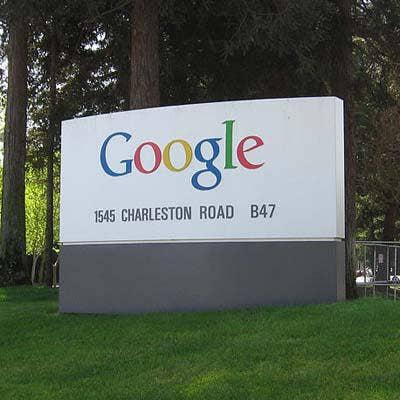
Getting Bumped Off
Pulling the plug on products it has acquired or developed for huge sums is not unusual for Google. This week, Google killed two social sharing applications, Bump and Flock. Google got it hands on the apps when it acquired Bump, with backing from high-profile venture capitalists Andreessen-Horowitz and Sequoia, for an undisclosed sum last September. But those weren't the only products Google's dumped over the years. Here are the top-10 products that Google has discontinued.
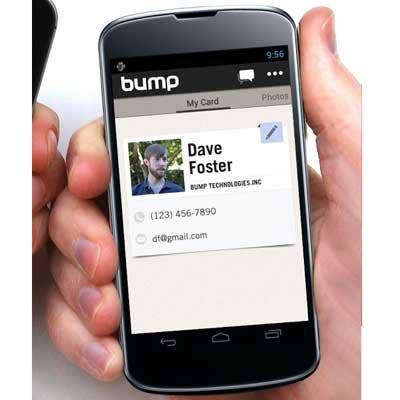
10. Bump And Run
Google got Bump, a social sharing app that allows smartphones to share files and information by literally bumping devices, when it acquired the company of the same name last September for an undisclosed sum; an AllThingsD report put the acquisition at least $30 million.
After the Google acquisition, Bump co-founder and CEO David Lieb said the company's applications, Bump and Flock, will "continue to work as they always have for now." For now was short-lived. In a Dec. 31 blog post, Lieb announced that as of Jan. 31 both Bump, which has been downloaded more than 100 million times, and Flock, a photo sharing app, "will be removed from the [Apple] App Store and Google Play. After this date, neither app will work, and all user data will be deleted."
"We've taken much care to make sure that you can retain any data you have in Bump and Flock," continued Lieb. "At any point in the next 30 days, simply open either app and ... follow the instructions for exporting your data."
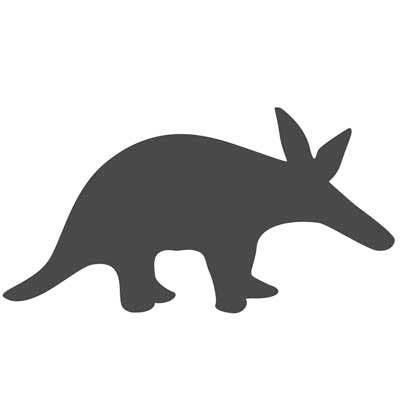
9. Aardvark
Aardvark, a social search and question-and-answer service that Google acquired in 2010 for $50 million, was given the heave-ho on Sept. 2, 2011. At that time, Aardvark co-founder Max Ventilla informed users that they would have just 19 days to retrieve their data.
"While Aardvark will be closing, we'll continue to work on tools that enable people to connect and discover richer knowledge about the world," wrote Alan Eustace, Google senior vice president, in a blog post at the time.
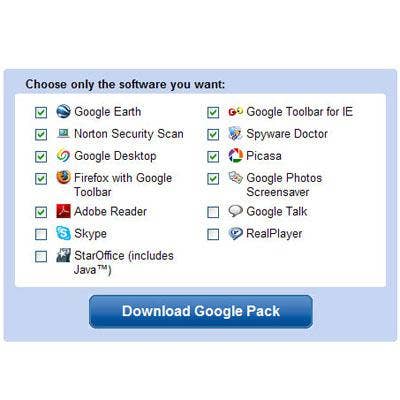
8. Pack
Google packed up Google Pack, a downloadable software suite that included antivirus, Picasa photo-editing software, Skype (now a high-profile Microsoft offering) and other "essential PC software," on Sept. 2, 2011, in what Google called a "fall-spring clean." Google said it was discontinuing Pack, which it launched at the Consumer Electronics Show in 2006, due to the "rapidly decreasing demand for downloadable software in favor of Web apps."

7. Slide
Google acquired Slide, a social gaming and slideshow application, in 2010 for $182 million and killed the product one year later in August 2011 to make way for Google+. Slide was founded by Max Levchin, one of the co-founders of PayPal. After Google killed the product, Levchin, who was a vice president of engineering at Google, left the company. Levchin, who helped start Yelp in 2004, is currently the co-founder and CEO of Affirm, a maker of an app that lets users quickly pay for online purchases without a credit card.
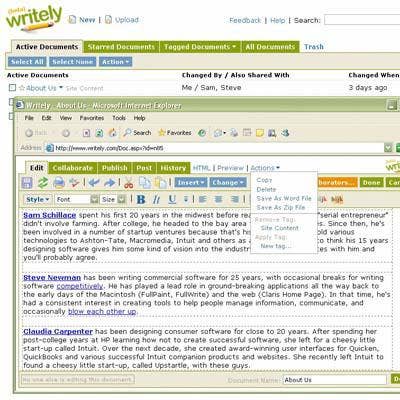
6. Writely
Google acquired Writely, an online word-processing service, when it acquired Upstartle, a three-person company, on March 9, 2006. Writely developer Claudia Carpenter said in a blog post at the time that "Writely is like a caterpillar that we hope to make into a beautiful butterfly at Google."
Writely closed registration to the service at the time until the move to Google was complete and sent out invitations to users who wanted to be placed on a waiting list. In October 2006, Writely was merged into Google Docs and Spreadsheets.
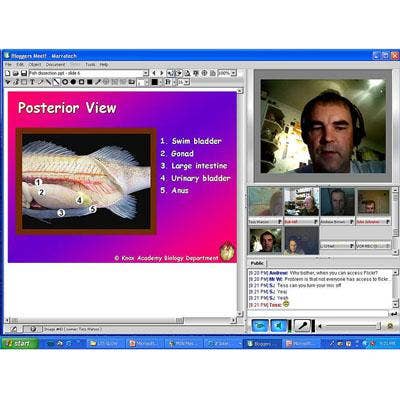
5. Marratech Web Videoconferencing
Google acquired Web videoconferencing software from Marratech, a Swedish software maker, in April 2007 for an undisclosed sum. Cisco paid a whopping $3.2 billion for its acquisition of competing conferencing software maker WebEx in 2007.
The Marratech solution included a downloadable client and was used by a number of universities, Verizon and the Swedish Police Department and Army.
Google used the software internally, and Marratech killed the product and suspended all of its services on Feb. 19, 2010.
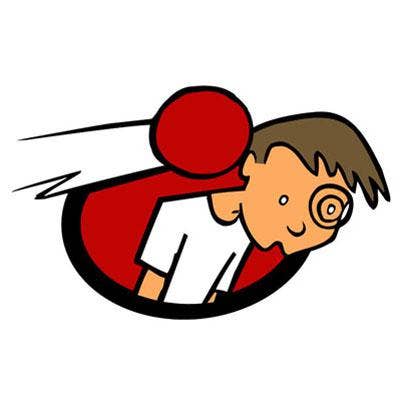
4. Dodgeball
Google acquired Dodgeball, a highly touted social-networking startup, in 2005 for an undisclosed sum. Dodgeball was founded by New York University students Alex Rainert and Dennis Crowley, who went on to co-found the popular Foursquare social-networking service.
The two Dodgeball co-founders, who left Google in 2007, found Google's treatment of the Dodgeball.com platform less than satisfactory. And in January 2009, Google Vice President of Engineering Vic Gundotra announced that the company was discontinuing Dodgeball.com.
"Google has long believed that thoughtful iteration is the best way to build useful products for our users," wrote Gundotra at the time. "As part of this process, we are always looking for ways to better focus our teams on the products that can have the most impact."
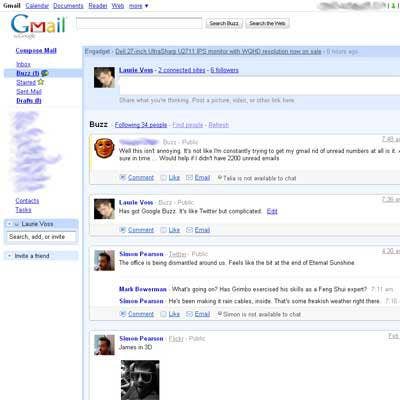
3. Buzz
Google Buzz, a social networking and micro-blogging site that aimed to compete with the likes of Twitter and Facebook, was discontinued on Dec. 15, 2011.
The one-time highly touted platform was launched in February 2009, creating a social sensation of sorts with 9 million posts made on the platform after only 56 hours.
The Buzz platform also resulted in a firestorm from privacy advocates claiming that Google violated privacy laws. The Electronic Frontier Foundation, in fact, claimed that "Google attempted to overcome its market disadvantage in competing with Facebook and Twitter by making a secondary use" of Buzz users' information.
Google entered into a settlement with the Federal Trade Commission and even agreed to create an $8.5 million fund to award to groups that promote privacy education.
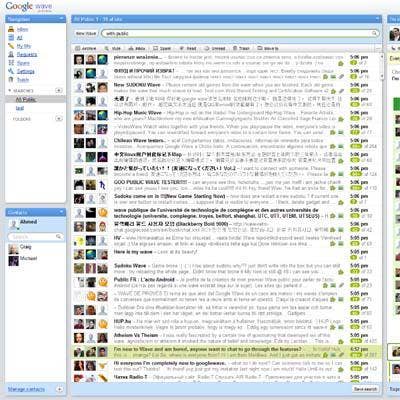
2. Wave
Google Wave, a real-time collaboration tool that was the brainchild of Google Maps inventors Lars and Jens Rasmussen, was killed on April 30, 2012, when the once highly touted service was completely shut down.
Wave created a frenzy of sorts when the Rasmussen's introduced the product at the Google developer's conference in May 2010. Given the success of Google Maps, many industry pundits expected another big hit from the Rasmussen's. The Rasmussen's themselves claimed that Wave would kill email and forever change online communication.
Alas, the Google Maps inventors were stung by the sophomore jinx and the product fizzled out with Google stopping development of the product on Aug. 4, 2010, and then shutting down the product completely in April 2012. In a Nov. 22, 2011, blog post, Google urged Wave users to "export any important data before April 30, 2012."

1. Postini
Google acquired Postini, an email security and archiving product, for a whopping $625 million in 2007 and announced last August that it was transitioning some 26 million users to Google Apps throughout 2013.
Google has informed users that Postini Small Business Edition, Postini Service Provider Edition and Google Message Filtering are all being phased out with customers being sent a "non-renewal notice." Google Message Security users will be transitioned to Google Apps For Business; Google Message Discovery will be transitioned to Google Apps for Business and Google Apps Vault. As for Google Message Encryption, Google said it is working on a "solution to support" encryption needs with more information to come.